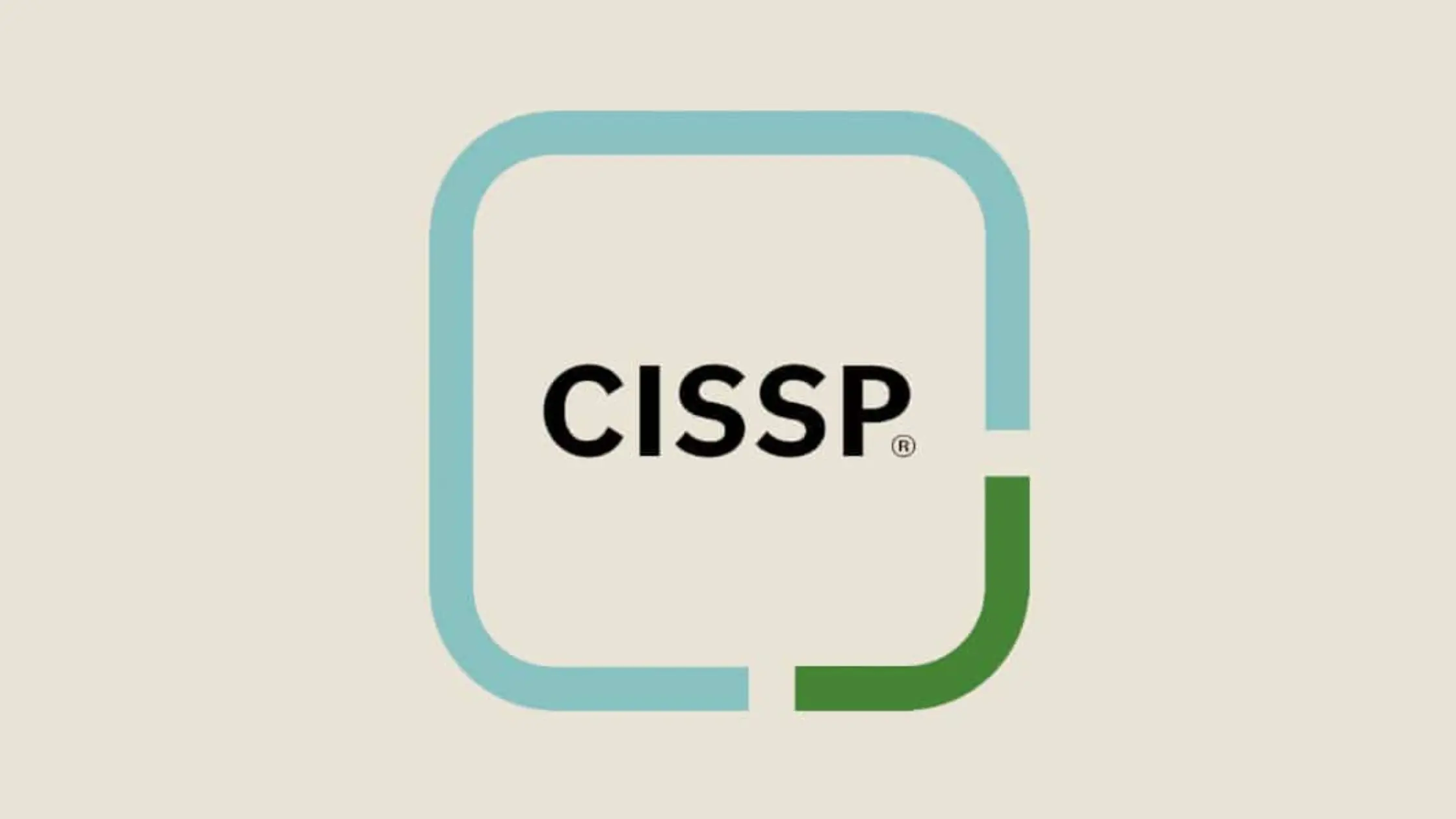In today’s interconnected world, cybersecurity isn’t just a buzzword – it’s a critical foundation for every organization. As cyber threats evolve in sophistication and scale, the demand for highly skilled and certified security professionals has never been greater. If you’re looking to solidify your expertise, demonstrate your leadership capabilities, and open doors to advanced career opportunities in information security, the CISSP (Certified Information Systems Security Professional) certification is a credential you simply can’t overlook.
What is CISSP? More Than Just an Acronym
Often considered the “gold standard” in cybersecurity certifications, the CISSP is a vendor-neutral credential offered by (ISC)². It validates an information security professional’s deep technical and managerial knowledge across a broad spectrum of security domains. It’s not just about knowing how to secure a system; it’s about understanding the entire lifecycle of information security, from design and implementation to operations and governance.
Why Pursue CISSP? The Benefits Are Clear
Earning your CISSP isn’t just about adding letters after your name; it’s an investment with significant returns:
- Global Recognition and Credibility: The CISSP is recognized worldwide as a benchmark for cybersecurity excellence. It signals to employers, clients, and peers that you possess a comprehensive understanding of information security principles and practices.
- Enhanced Career Opportunities: CISSP certified professionals are highly sought after for senior-level roles such as Security Manager, Chief Information Security Officer (CISO), Security Analyst, Security Architect, and more. It often acts as a prerequisite for many desirable positions.
- Higher Earning Potential: Studies consistently show that CISSP holders command higher salaries than their non-certified counterparts. Your expertise is valuable, and the market recognizes it.
- Comprehensive Knowledge Base: The CISSP Common Body of Knowledge (CBK) covers eight critical domains:
- Security and Risk Management
- Asset Security
- Security Architecture and Engineering
- Communication and Network Security
- Identity and Access Management (IAM)
- Security Assessment and Testing
- Safety Operations
- Software Development Security This broad scope ensures you have a well-rounded understanding of the entire information security landscape.
- Demonstrate Leadership: The CISSP isn’t just about technical skills; it also emphasizes managerial and leadership aspects of information security. It shows you can develop, implement, and manage security programs effectively.
- Commitment to the Profession: Pursuing and maintaining the CISSP demonstrates a strong commitment to continuous learning and professional development within the cybersecurity field.
Is CISSP Right For You?
While the benefits are compelling, the CISSP is not an entry-level certification. It requires a minimum of five years of cumulative paid work experience in at least two of the eight CISSP domains. This experience requirement ensures that certified professionals bring practical knowledge to the table, not just theoretical understanding.
If you have a solid foundation in IT and cybersecurity, are looking to advance into leadership or senior technical roles, and are ready to commit to a rigorous study process, then the CISSP is definitely a certification worth considering.
Ready to Take the Leap?
The journey to CISSP certification is challenging but incredibly rewarding. It requires dedication, effective study strategies, and a deep dive into the Common Body of Knowledge. However, the doors it opens and the career impact it provides are well worth the effort.
Are you currently studying for your CISSP, or thinking about pursuing it? Share your thoughts and questions in the comments below!

Leave a Reply